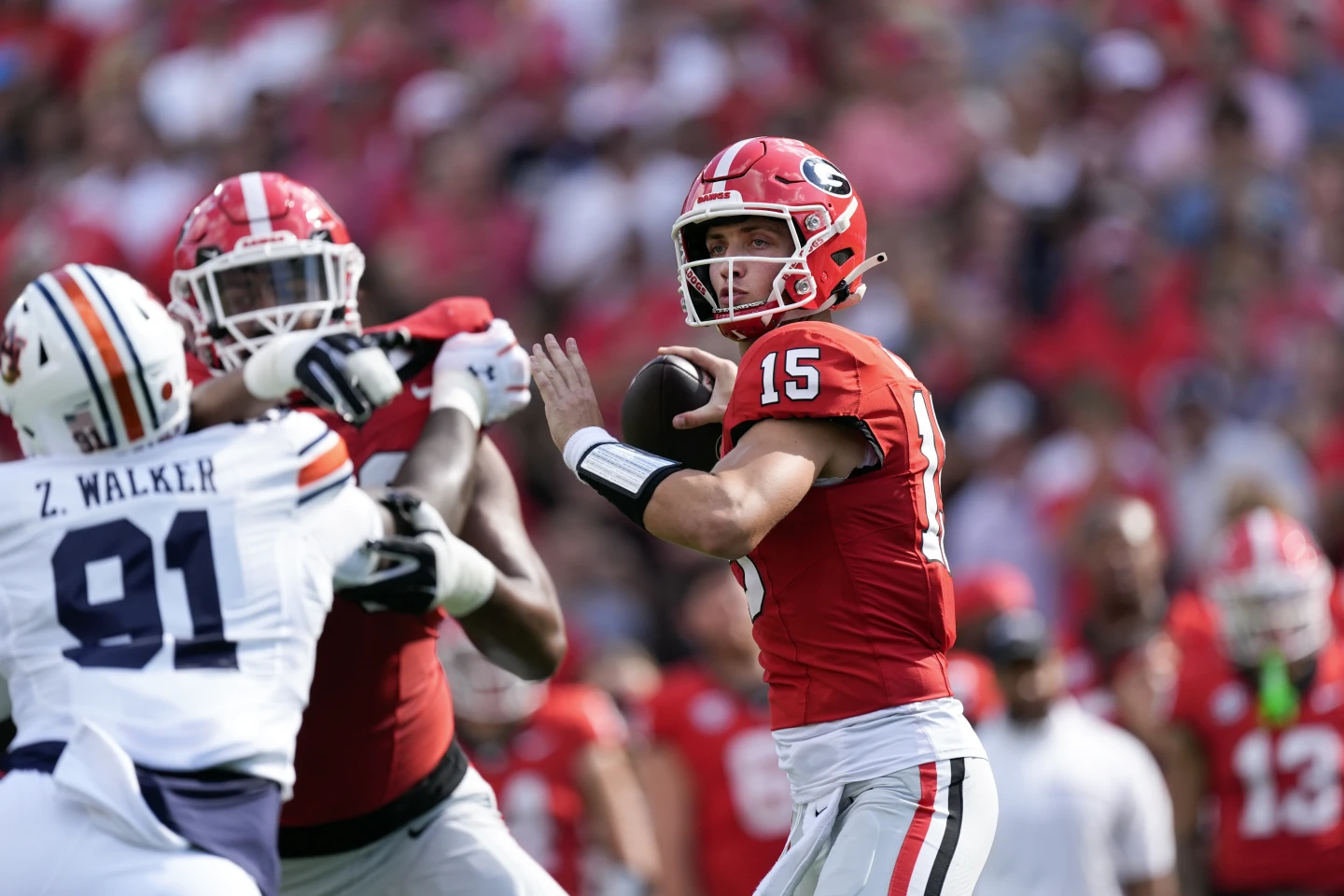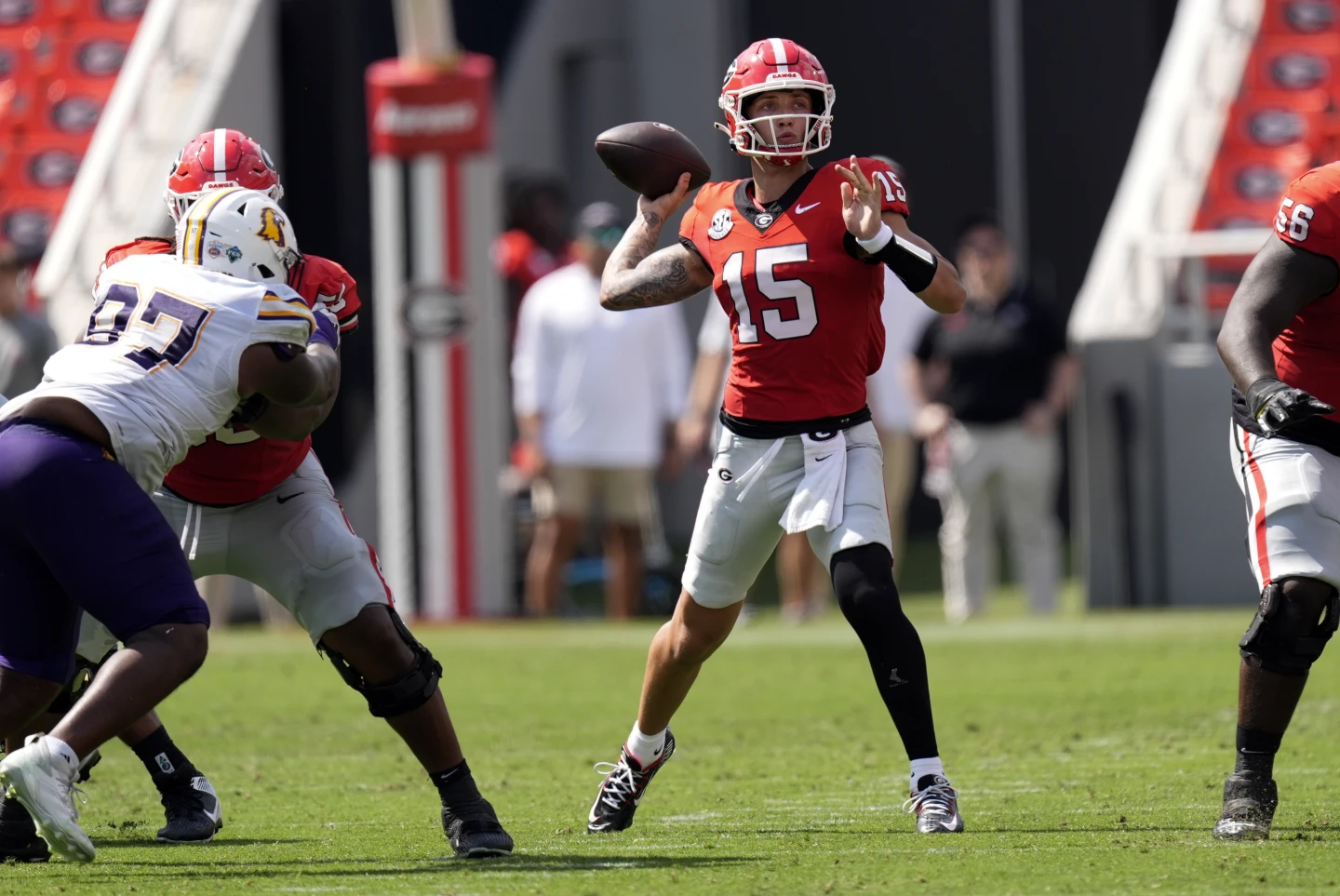If it’s true that former Georgia quarterback Carson Beck will receive $4 million in NIL money to play for the University of Miami in 2025, that kind of money will encourage more top college football players to do what the NFL has wanted for years — stay in school.
Even though it’s no longer about school, it’s clear that college football is now a business. For a long time, everyone involved in college football — from the university president to the person selling popcorn — was getting paid, except for the players. That’s changed now. The illusion has ended. College football is professional football, and it’s paying better than the early years of most rookie NFL contracts.
For 2024 first-round draft picks, only the top 16 players had four-year contracts worth more than $4 million a year. So, staying in college for another year or two allows a player to make a lot of money while getting more playing experience before heading to the NFL, even if their draft stock isn’t as high.
The big question for players now is whether they should take the money they can make in college or head to the NFL and begin the three-year path to a contract that could pay more in the long run.
This assumes the player will be good enough to earn a solid second contract, and that the team drafting him will be willing to pay after three years instead of holding him under the fifth-year option or using the franchise tag.

Another issue will show up on draft day. As more top college players leave with significant cash in hand, they will have more power to turn down offers from poorly managed teams and sit out if needed. This gives them leverage to demand a trade or refuse to be drafted by certain teams.
This strategy will likely upset fans and some media members who criticize players for making business choices, but eventually, this resistance will fade, just like the complaints about players skipping bowl games.
The idea of players avoiding bad teams isn’t new. Eli Manning did it in 2004 by refusing to join the Chargers, and John Elway did the same in 1983 with the Colts. It’s been 21 years since the last time, so the next time it happens could be in 2025.
It’s something that needs to happen. Too many careers, especially of quarterbacks, have been damaged by landing with bad teams or organizations. Many of the best quarterbacks in 2025, like Sam Darnold, Baker Mayfield, and Geno Smith, started with struggling teams like the Jets and Browns. Those teams might be looking to draft another quarterback in the first round this year.
The rise of NIL deals helps players avoid having their NFL careers ruined early by giving them more experience in college. It also helps them build a financial cushion, giving them the ability to push back against the NFL’s control over the draft process.
It’s not personal; it’s business. NFL teams have made business decisions for decades. Now, it’s time for players to start making their own business decisions.
